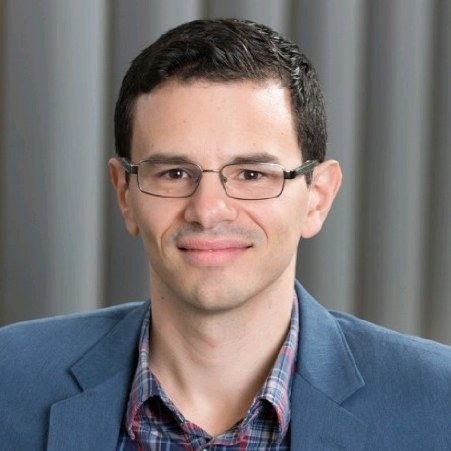When used correctly, cannabis can have some real benefits to the people using it. However, like any other substance, it comes with potential downsides, so here are the facts.
Cannabis use is a legitimate medical intervention for loss of appetite, hypertension, sleep disorders, PTSD, inflammatory diseases, hypertension, glaucoma, pain, nausea, and movement disorders like Parkinsons. In fact, one part of cannabis called CBD (Cannabidiol), when prescribed and at the correct dose, is the current gold standard treatment for certain epileptic seizures in children. Regarding anxiety, it helps some people calm down and makes other people more anxious, so there isn’t a firm guideline here.
While the overall negative impacts of cannabis are relatively mild compared to other hard drugs or alcohol, a person can still become addicted to cannabis. This looks like every other substance use disorder – the person feels withdrawal symptoms and spends so much time, money, and effort getting cannabis that it negatively impacts their life. When this happens, the individual needs assistance, just like with any other substance, to break the cycle of addiction and get their life back on track because chronic cannabis use may result in memory problems (everyday events, working with information, creating and recalling long-term memories), attention difficulties, decreased fine motor skills, and poorer recognition of negative emotions. It is important to note that people under the age of 25 are more vulnerable to experiencing negative side effects from cannabis use listed above, along with a psychotic episode. Also, the younger a person starts using cannabis, the more likely they are to have permanent impairments.
Thankfully, when a person substantially reduces or stops using cannabis most of these difficulties will slowly go away. It’s only with several years of chronic cannabis use where a person might have some permanent memory difficulties. Also, if you’re using cannabis to help deal with mental health problems, those issues are best treated by getting help from a mental health professional. Seeing a licensed mental health professional who is trained in a combination of motivational enhancement therapy and cognitive behavioural therapy is presently the best way to treat cannabis use disorder. Most individuals who seek therapy assistance reduce or eliminate their use of cannabis, depending on their goals. For physical issues, check with your doctor to ensure cannabis is the right and best choice for you.



